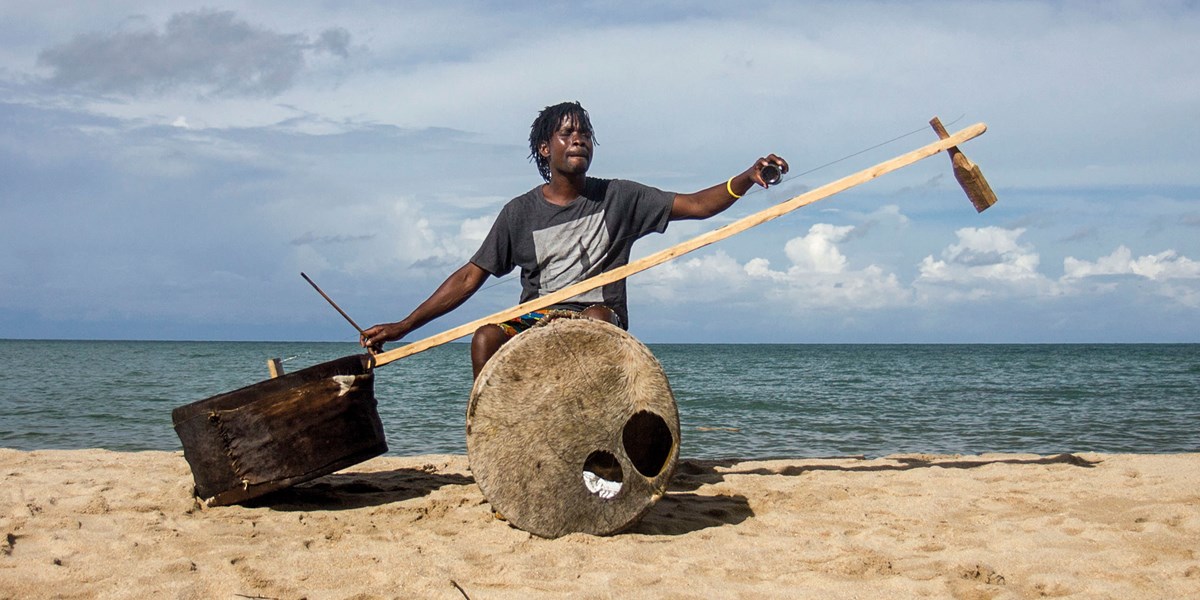Thursday, June 12, 2025
Music in Malawi
After receiving an invite to attend the annual Lake of Stars festival, Christopher Conder heads to Malawi, finding local musicians en route to international stardom and others proudly fulfilling roles as social historians and bearers of their nation’s richest traditions


Register now to continue reading

Thanks for visiting the Songlines website, your guide to an extraordinary world of music and culture. Sign up for a free account now to enjoy:
- Free access to 2 subscriber-only articles and album reviews every month
- Unlimited access to our news and awards pages
- Our regular email newsletters

